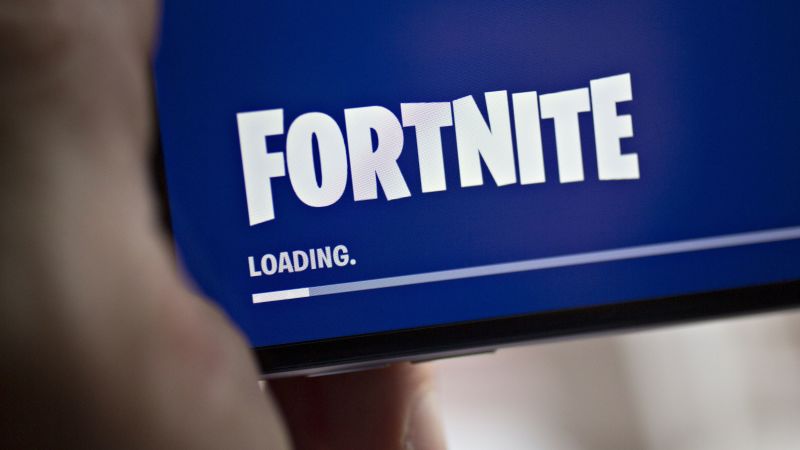Epic Games has recently celebrated a significant victory with its immensely popular multiplayer shooter game, “Fortnite,” as the game made its re-entry into Apple’s App Store in the United States on a Tuesday. This return marks the end of a prolonged ban that lasted nearly five years, a development which holds substantial implications for both Epic Games and its vast user base. The prohibition, which originated in 2020, has been a contentious issue between the gaming titan and Apple, leading to various legal battles and public discourse surrounding app store policies and gaming accessibility.
With the game once more available for download, players across the US can once again engage in the iconic battle against others in a last-player-standing format that made the game a household name. The availability of “Fortnite” was also extended to platforms such as the Epic Games Store and AltStore in the European Union, according to an update shared by Epic on social media platform X. This expansion signifies Epic’s efforts to make the game accessible on multiple fronts while navigating the complex landscape of app store regulations and regional availability.
The saga of “Fortnite” began in 2017 when it quickly garnered a massive following. The game’s unique “battle royale” format captured the attention of millions globally, skyrocketing its popularity and user engagement. By the time the game was banned on Apple’s platforms, Epic Games boasted approximately 116 million users solely on iOS. This substantial user base underscores the impact of the ban on players, who were unable to access the game on one of the most significant app distribution platforms in the world.
Apple’s decision to ban “Fortnite” stemmed from a dispute over payment policies. Epic introduced a direct payment system within the game, circumventing Apple’s standard commission fees on transactions. This move was met with swift retribution from Apple, leading to legal battles that would shape discussions around app store regulations and the rights of developers. The ongoing conflict between Epic Games and Apple has posed broader questions about market practices and the balance of power between app developers and the platforms that host their applications. The issues debated in court, including antitrust arguments and the responsibilities of hosting platforms, have implications for other companies operating in the digital marketplace.
Although “Fortnite” found its way back to Apple’s App Store, it is essential to recognize that the app had already been reinstated in the European Union prior to this latest development. This reinstatement in European markets came about as a result of increasing regulatory pressures on companies to allow for fair competition and accessibility in their digital marketplaces. Apple’s actions, which had been closely scrutinized, highlighted the growing unease among regulators about monopolistic behavior in app marketplaces and the need for reforms that would foster a more competitive environment.
In conclusion, the return of “Fortnite” to the App Store represents both a pivotal moment for Epic Games and an evolving narrative surrounding app store governance. It encapsulates the tension between innovative gaming and large corporate policies, highlighting the need for a thoughtful approach to regulation that aligns with technological advancements. As the gaming community rejoices at the revival of one of its flagship games, the implications of this case will undoubtedly resonate beyond “Fortnite,” influencing the dynamics of the app ecosystem for years to come. Players will be keen to see how this victory influences future interactions between developers and platform holders, as well as how it might shape the landscape of digital gaming in the future.



